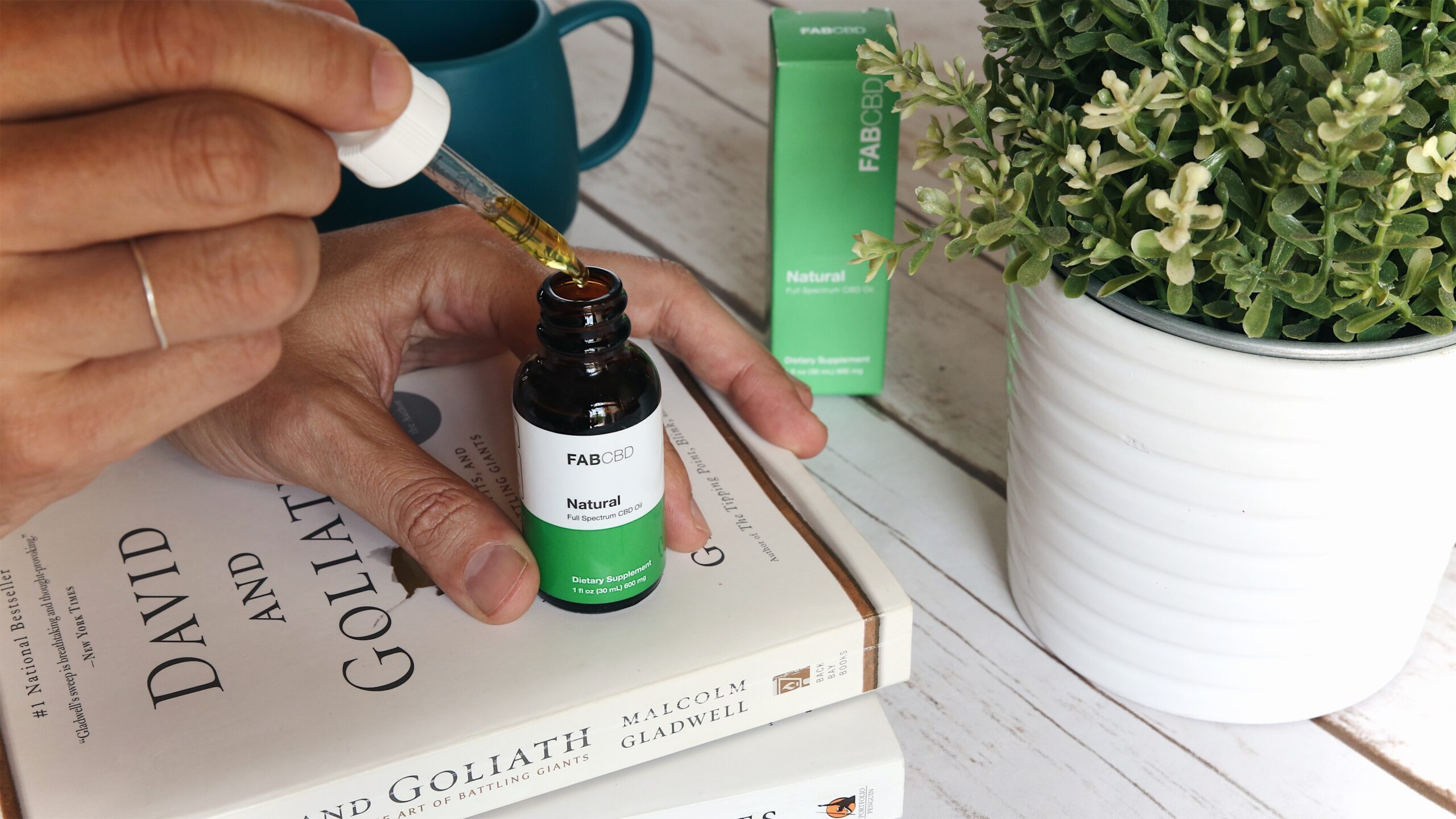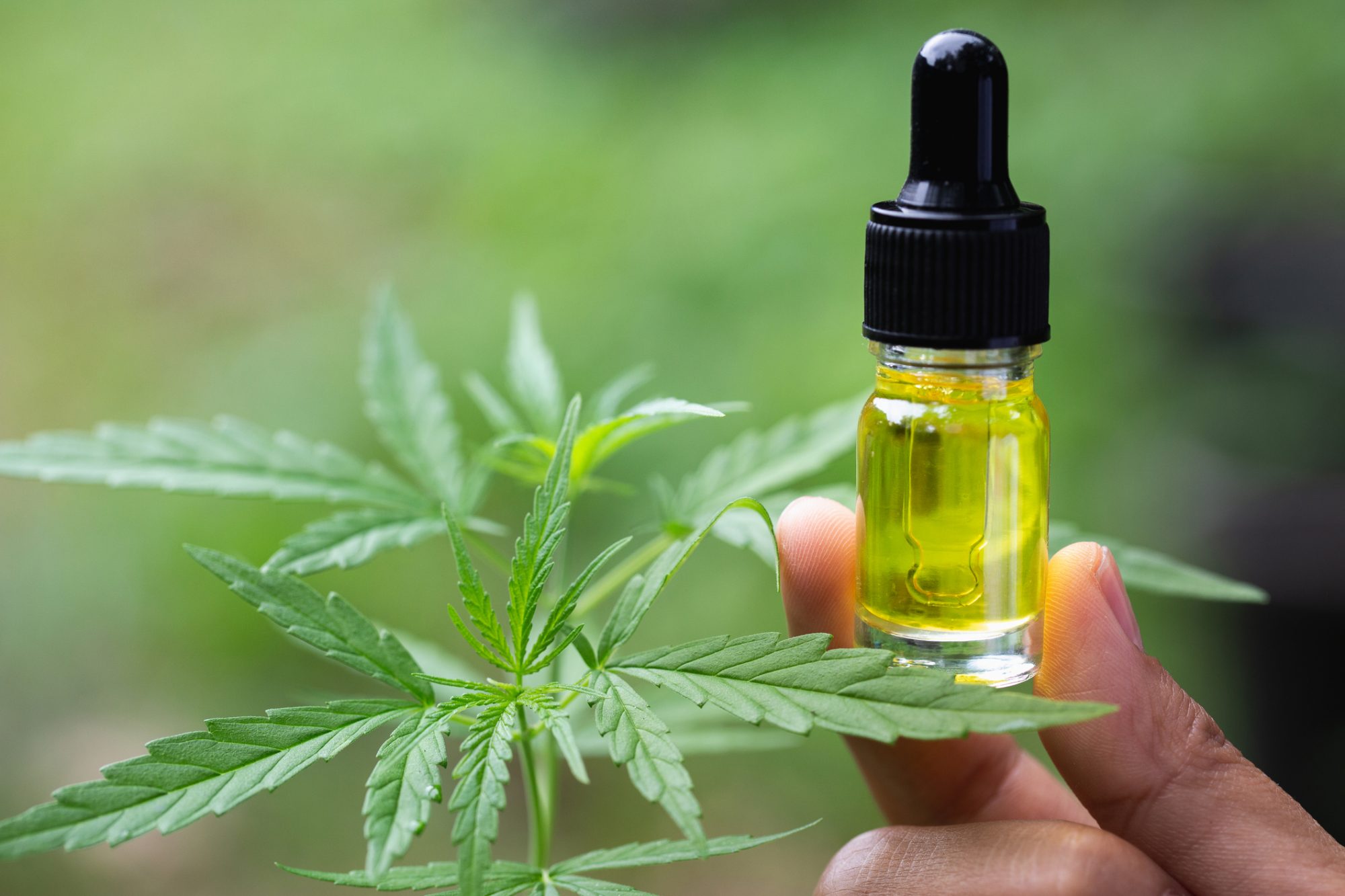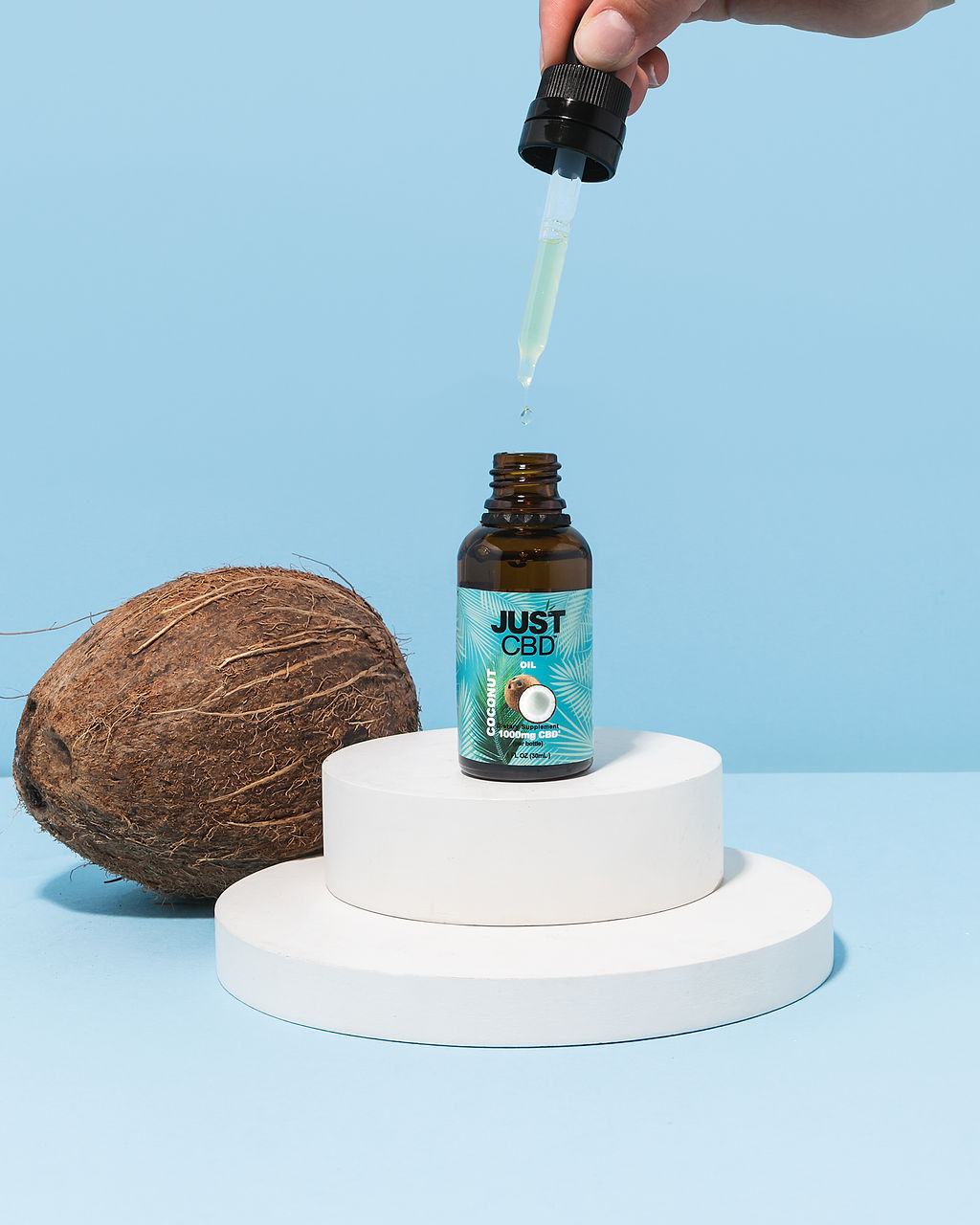Introduction
Obsessive-Compulsive Disorder (OCD) is a mental health condition characterized by intrusive thoughts (obsessions) and repetitive behaviors or mental acts (compulsions). It can have a profound impact on an individual’s daily life, causing distress and impairment. As researchers continue to explore various treatment options, one substance that has gained attention is CBD oil. CBD, short for cannabidiol, is a non-psychoactive compound derived from the cannabis plant. This guide aims to provide a comprehensive overview of the potential effects of CBD oil on OCD symptoms.
Understanding OCD
Before delving into the potential benefits of CBD oil for OCD symptoms, it’s important to understand the disorder itself. OCD is a complex condition believed to be caused by a combination of genetic, neurological, behavioral, cognitive, and environmental factors. The core features of OCD include intrusive and distressing thoughts that lead to ritualistic behaviors or mental acts aimed at alleviating the anxiety caused by these thoughts. Traditional treatments include cognitive-behavioral therapy (CBT), exposure and response prevention (ERP), and medication, such as selective serotonin reuptake inhibitors (SSRIs).
The Endocannabinoid System and CBD
CBD interacts with the endocannabinoid system (ECS), a complex cell-signaling system found in the human body. The ECS plays a crucial role in regulating various physiological processes, including mood, stress response, and immune function. CBD is thought to influence the ECS by modulating cannabinoid receptors, particularly CB1 and CB2 receptors. While CB1 receptors are mainly found in the brain and central nervous system, CB2 receptors are primarily located in immune cells. By influencing these receptors, CBD may have an impact on emotional regulation and anxiety-related symptoms, which are significant aspects of OCD.
Research on CBD and Anxiety
Anxiety is closely linked to OCD, as the disorder often involves intense anxiety caused by obsessions and the need to perform compulsions to alleviate that anxiety. Several studies have explored the anxiolytic (anxiety-reducing) effects of CBD. A 2015 review published in the journal Neurotherapeutics indicated that CBD shows promise in reducing anxiety in both animal and human studies. Another study in the Journal of Clinical Investigation (2019) found that CBD significantly reduced anxiety in participants with social anxiety disorder, suggesting its potential to mitigate anxiety symptoms in related conditions like OCD.
CBD and Brain Function
OCD is associated with abnormal patterns of brain activity, particularly in regions involved in fear and anxiety responses, such as the amygdala and prefrontal cortex. Some research suggests that CBD could potentially modulate these brain regions to alleviate anxiety and compulsive behaviors. A study published in Frontiers in Immunology (2018) proposed that CBD might help regulate the brain’s inflammatory response, which could contribute to the modulation of anxiety-related brain circuits. However, more research is needed to fully understand these mechanisms in the context of OCD.
Impact on Compulsive Behaviors
Compulsive behaviors are a hallmark of OCD, and CBD’s potential impact on reducing these behaviors is of significant interest. A 2019 study in the Journal of Clinical Psychology investigated the effects of CBD on individuals with OCD-like behaviors in rats. The study found that CBD reduced compulsive behaviors by affecting the serotonin system, which is also a target of traditional OCD treatments like SSRIs. While animal studies provide valuable insights, further research involving human participants is essential to determine CBD’s efficacy in reducing compulsive behaviors in individuals with OCD.
CBD and Fear Extinction
Fear extinction is a psychological process through which an individual learns to suppress fear responses to certain stimuli. This process is impaired in individuals with anxiety disorders, including OCD. CBD’s potential role in fear extinction has been explored in studies involving both animals and humans. A study published in Neuropharmacology (2016) suggested that CBD enhances fear extinction by facilitating the process of forgetting fearful memories. This mechanism could potentially aid individuals with OCD in overcoming distressing obsessions and reducing the need for compulsive behaviors.
Limitations and Considerations
- While the research into CBD’s potential effects on OCD symptoms is promising, there are several important limitations and considerations to keep in mind
- Lack of Clinical Trials: Most of the existing research on CBD and OCD is based on animal studies or small human trials. Large-scale clinical trials are needed to establish CBD’s effectiveness and safety for treating OCD symptoms.
- Individual Variation: CBD’s effects can vary from person to person due to factors such as genetics, dosage, and the presence of other medical conditions. What works for one individual may not work for another.
- Interaction with Medications: CBD can interact with certain medications, particularly those metabolized by the liver. It’s crucial to consult a healthcare professional before using CBD, especially if you’re already taking medications.
- Regulation and Quality Control: The CBD market is largely unregulated, and the quality of CBD products can vary. It’s important to choose products from reputable manufacturers and ensure they undergo third-party testing for purity and potency.
Conclusion
CBD oil holds promise as a potential treatment for alleviating OCD symptoms due to its effects on anxiety, brain function, and fear extinction processes. While the current body of research is encouraging, more extensive and rigorous studies are needed to fully understand CBD’s impact on OCD and to establish it as a viable therapeutic option. If you’re considering using CBD oil to manage OCD symptoms, it’s essential to consult a healthcare professional who can provide personalized guidance based on your individual circumstances. As our understanding of CBD’s mechanisms of action continues to evolve, it may pave the way for novel and effective treatments for individuals living with OCD.
- Dermal Fillers Near Shirley, Surrey - May 9, 2025
- Neauvia Hydro Deluxe Skin Booster Treatments Near Redhill, Surrey - May 8, 2025
- Graysexuality: Exploring Sexual Attraction Without Labels Or Boundaries - May 8, 2025



